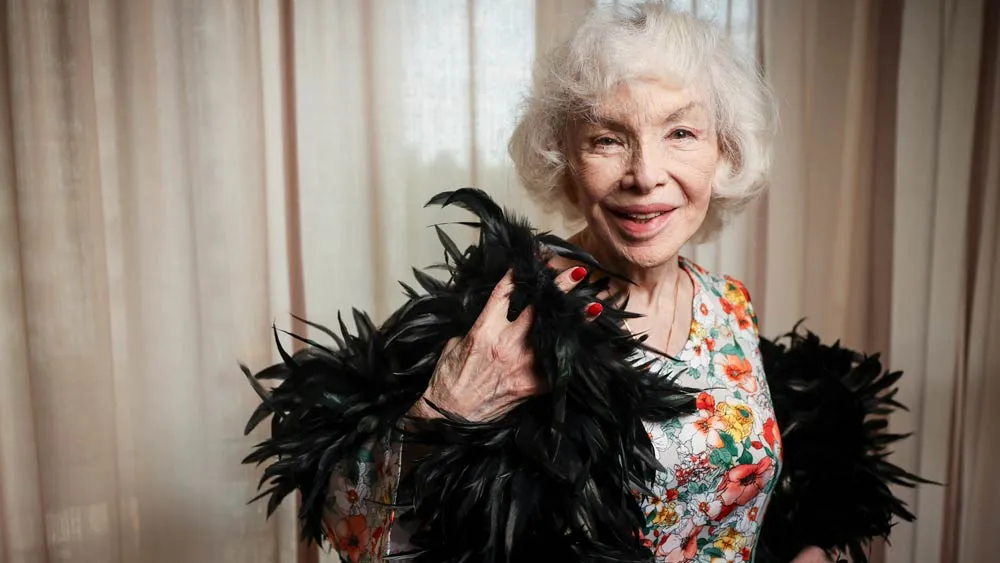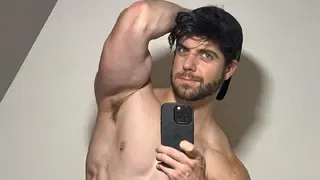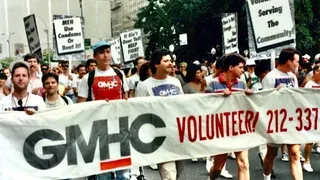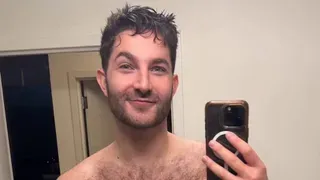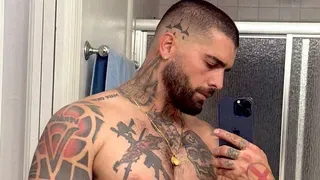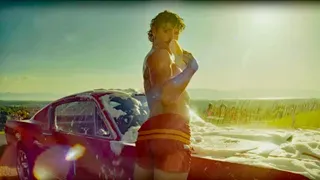January 3, 2014
Lebanese Filmmaker Faces Risk Working 'Out Loud'
Kilian Melloy READ TIME: 2 MIN.
Samer Daboul knew there would be risks involved in writing and directing "Out Loud," the first gay themed film produced in Lebanon.
As in other Middle East countries, being openly LGBT can get a person killed.
In a fifty minute documentary included on Ariztical's DVD release of the film, a Muslim cleric, interviewed on Arabic television, calls for the deaths of "homosexuals."
"How do we create opportunities for artists to thrive?" Daboul asks in the documentary. " 'Out Loud' is one such story that raised many meaningful questions throughout production. As artists, we sought to explore the status of human rights, gay rights, and freedom of speech in Lebanon and the Middle East. It means seeking a cultural change, a shift, through art. We were able to give a voice to a silent majority. We are trying to use 'Out Loud' as a sample model, as a voice from which the youth can speak out. 'Out Loud' has the opportunity to be a vessel for social change in a society where change is held back by those who fear it."
As the documentary continues, Daboul speaks of needing police protection during filming, of violent attacks on himself, his cast and his crew. These courageous mavericks stood their ground and completed the film against life threatening odds.
"Out Loud" is a simple, sweet tale about a close-knit group of friends in Lebanon, some straight and some gay, who profoundly affect each other's lives. It's not a perfect film. There are comic interludes that don't quite work. The actors, many making their film debuts, alternate in their acting styles from scene to scene. Sometimes the performances are dramatic, sometimes broadly comedic.
Yet there are moments of intense power and raw beauty in this groundbreaking film. One of the storylines focuses on Rami and Ziad (Ali Rhayem, Jean Kobrosly) a young, desperately-in-love gay couple. When we first meet Rami, his face is bruised and bloody, the result of a run-in with his violently homophobic relatives. After Ziad gently cleans Rami's wounds, the friends take the guys to a safe house. They're tailed on the road by Rami's cousins, a chilling look at the everyday dangers faced by LGBT people in the Arab world.
In the film's most lyrical moment, Ziad and Rami's straight friends dance before a fountain in the moonlight. At first the guys, who also want to dance, are fearful. Finally, they step out into the open and do a short waltz. The scene becomes hypnotic as the guys are bathed in the multi-colored lights overheard.
Daboul reminds his audience that, in spite of the hardships faced by Lebanon's LGBT community, there's still beauty to be found in this culture. The Arab people's love of cuisine takes center stage in several scenes as we see this small circle of friends feasting on the extraordinary Mediterranean delights that comprise the Middle Eastern diet.
Lebanon has never been known for its film industry. The country's miniscule film industry produces only a small handful of films each year: less than ten on average. With "Out Loud," the Middle Eastern film community takes a giant step forward.
Out Loud is now available in the USA on DVD
Kilian Melloy serves as EDGE Media Network's Associate Arts Editor and Staff Contributor. His professional memberships include the National Lesbian & Gay Journalists Association, the Boston Online Film Critics Association, The Gay and Lesbian Entertainment Critics Association, and the Boston Theater Critics Association's Elliot Norton Awards Committee.
